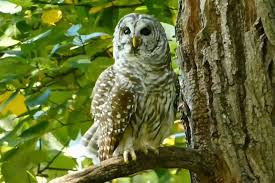Christi Belcourt
Three weeks ago we were aware that COVID-19 numbers were rising and another lock-down felt imminent. We decided to visit the McMichael Canadian Collection Art Gallery in Kleinburg, Ontario, a wonderful gallery in a magnificent setting. The visits are timed to reduce risk and it felt as though we had the place largely to ourselves -- I suppose we did.For a second time we enjoyed the retrospective celebration of the 100th anniversary of the Group of Seven painters. Our first visit was back in BC (before COVID) and it was helpful to have a second amble through, eight months later.
Christi Belcourt
We also took the plunge to leave our safe Hastings/Prince Edward County bubble for the exhibit of work by Christi Belcourt, a Metis visual artist. The exhibit is called Uprising: The Power of Mother Earth, a twenty-five year retrospective of her work. We loved what we saw and experienced in the presence of these unique works, many of which convey the natural world in a deeply spiritual sense and with the feel of beadwork.
The emphasis on the healing and spiritual properties of water was meaningful and provocative, As much as we love the Group of Seven artists, and Tom Thompson, having visited so many of the places they painted,
Of course the Christian bible begins with Creator and Creation, and Jesus described himself as Living Water. Just the same, these works offered a perspective from another tradition which touched us. Christi Belcourt's creativity and themes were the highlight of this trip.Water has no flag,as she says, nor can it be confined to one spiritual stream.
This was a contemplative time, one which we needed in the midst of so much uncertainty. I hope that lots of people get to see it before the exhibit ends in January



















